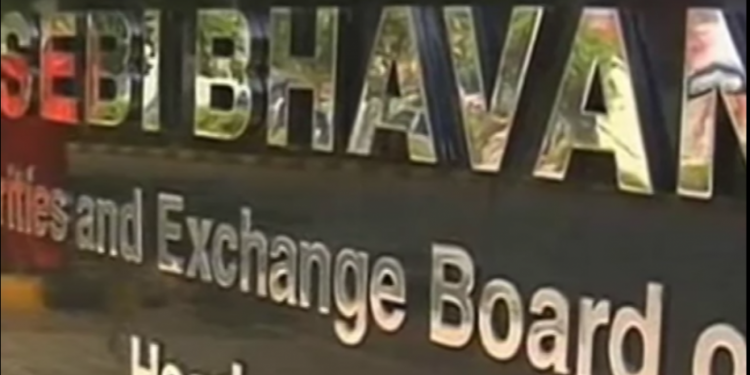Mumbai: A group of minority shareholders in Bharat Nidhi Ltd (BNL), a company owned by Indian media baron Vineet Jain, have sent multiple complaints to the market regulator against a proposed share buyback which they say ‘grossly undervalues’ the company.
The investors have asked the Securities and Exchange Board of India (SEBI) to stall the buyback process, investigate the matter and appoint an independent valuer, according to copies of the complaints seen by this news agency.
“We are shareholders who have invested in the company a long time ago and instead if protecting our interests the company is now seeking to push us out of the company at an artificially depressed price,” one of the complaints dated June 27 read. The complaint was received July 1 by SEBI.
With investor awareness on the rise, India has seen an increase in minority shareholder activism and fight for good corporate governance and better value, Shriram Subramanian, founder of proxy advisory firm ‘InGovern’, said.
Bharat Nidhi is following the due legal procedures set out by the regulators under the applicable laws, company secretary Amita Gola told this agency in an emailed response. “We believe the concerns raised are unfounded,” she said.
BNL is a major shareholder in Bennett, Coleman & Co. Ltd (BCCL), publisher of India’s biggest English daily, the ‘Times of India’, and owner of Times Internet that runs popular digital platforms such as property site ‘Magicbricks’, music streaming app ‘Gaana’ and restaurant reservation company ‘Dineout’.
Jain and his family control BNL through crossholdings, according to the company’s 2018 annual report. They control Bennett, Coleman through a similar structure of holdings.
BNL’s revenue comes mainly from distributing publications of BCCL in and around New Delhi and it is also an investment holding company.
Last month, BNL sought to buy back 21,791 shares at 11,229 rupees ($162.93) per share for about $3.5 million. Shareholders do not have to sell their shares in the buyback.
The buyback offer is part of a regulatory requirement to provide an exit opportunity to shareholders of companies listed on de-recognised regional stock exchanges, if the companies do not choose to list on the National Stock Exchange of India or BSE Ltd.
The offer of 11,229 per share values the company at about 32.79 billion rupees. That, according to the minority shareholders, is based on the book value instead of its fair value, which they say is significantly higher.
The offer is barely above the company’s book value of 11,130 rupees per share, according to the company’s 2018 balance sheet. SEBI did not immediately respond to requests for comment.
“We need to highlight that the valuer seems to have used incorrect data, faulty logic and inappropriate discounting in the valuation report to reverse work the valuation back to the company’s approximate book value only,” one of the complaint said.
Reuters






































